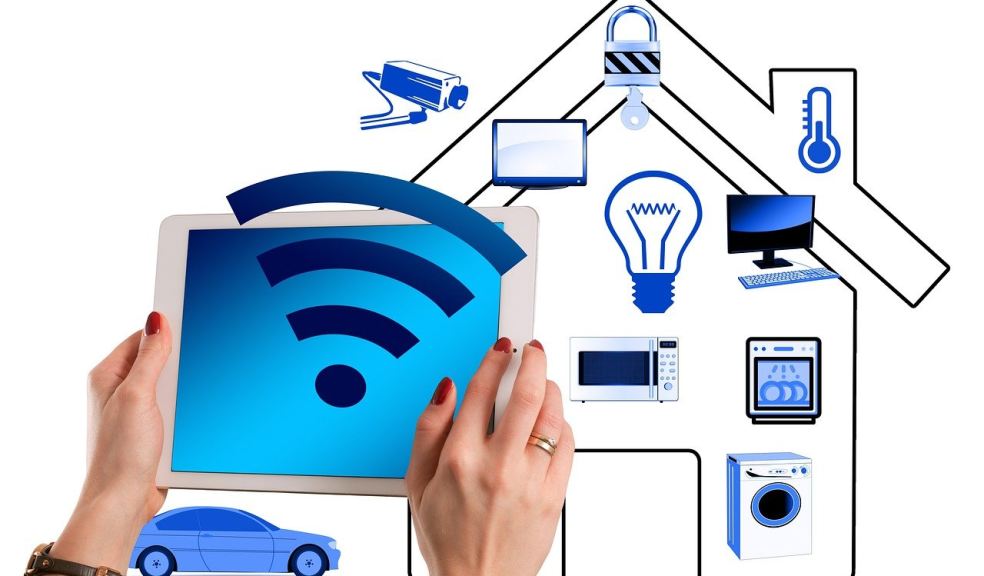
Smart home safety: How to protect your home devices from hackers
Without a doubt, the Internet of Things (IoT) has opened up many new possibilities in our homes. We now have access to better levels of connectivity and convenience than ever before.
Yet, it isn’t all good news. This revolutionary technology might also expose your home to security breaches. A 2021 study by watchdog Euroconsumers illustrates this point. They found that 10 out of 16 smart devices are critically vulnerable to hacking.
This doesn’t mean that you shouldn’t have a smart home. Rather, it shows the importance of using a robust set of security measures to keep your home safe. So, how can you protect your home devices from hackers?
Understand your smart devices
First things first. You need to know exactly which devices are capable of connectivity. What incentive is there for you to connect this device to your home network in the first place? Connecting devices for their own sake may expose you to unnecessary risk.
You should research the security features of your devices before you install them. That way, you’ll be able to plan how to mitigate the risks of each.
Secure your network
To gain access to your network, hackers need a way in. Yet, many people naively give them one. They do this by recklessly using public networks and spreading their information online.
Be sure to avoid using public or shared networks at all costs. If your router allows it, change your Service Set Identifier (SSI). Always use the highest security protocols available.
As another precaution, using a reliable VPN can keep your network safe. They can encrypt your internet history, helping to keep you safe from prying eyes online.
Create strong passwords
Most devices are most vulnerable when they first come out of the box. That’s because they come with relatively weak passwords as standard. Your first duty, then, is to set up strong and unique passwords on each of your new devices.
It can be hard to come up with new passwords using creativity alone. Try using a random password generator instead. Then, keep them safe in a password manager. These encrypted, digital vaults store your login information. They also ensure your passwords are unique across devices.
Enable multi-factor authentication
Having a strong set of passwords is great. But you should also implement multi-factor authentication. This will take your security to the next level. These processes add an extra step to the log-in process. So, it won’t matter as much if a hacker discovers your passwords. They won’t be able to access your devices without an extra code.
What steps do you take to protect your home devices from hackers? Share your tips and tricks in the comments section.











